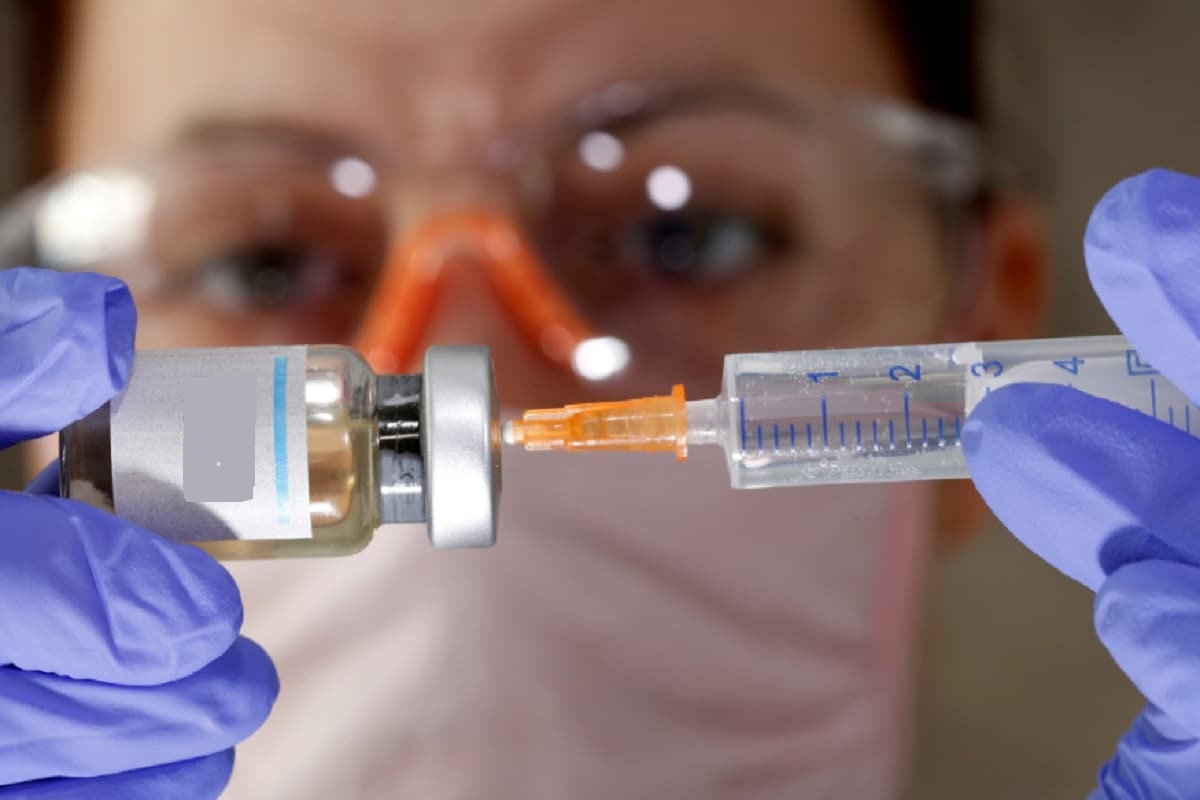It’s common for some children to develop a fever. However, not all fevers are caused due to a simple viral infection. At times, fevers can be due to certain medications, such as vaccines. Let’s understand more about how this happens.
After your baby has had her vaccinations, he or she might develop a fever. What this means is that your child’s body is just reacting to it, and it is merely a side effect. A fever is a common occurrence after some vaccinations. One your child has had one of the vaccines that cause fevers, your pediatrician might prescribe some specific medication before you leave the clinic. If you’re having vaccines administered via home vaccination services, it would be a good idea to call your doctor in advance and let them know of this. Is a fever an indicator of the vaccine being effective? Not necessarily, as not all vaccines cause a fever.
Vaccines that can cause your child to develop a fever
There are some vaccines that can cause your child to experience fever and mild discomfort. This can happen because the vaccine contains a weakened form of the illness-causing virus. The fever is a sign that your child’s immune system is working against it and making antibodies. Some of the vaccines that can cause fever are:
- DTP (Diphtheria, Tetanus, and Pertussis)
- MMR (Measles, Mumps, Rubella)
Getting immunization done at a hospital or via home vaccination services won’t necessarily make a difference when it comes to experiencing fever. The side effect is based entirely on how the body reacts to the vaccine.
What to do when your child has a fever
Fever in children is usually considered when the body temperature goes above 37.5°C.
You should contact your doctor if your child is:
- Less than 3 months old and has a temperature of 38°C (101°F) or higher
- Around 3 -6 months old and is experiencing a temperature of 39°C (102°F) or higher
- Experiencing fever accompanied by other signs of being unwell (such as drowsiness and floppiness)
Give your child plenty of fluids. Cover them with a lightweight sheet if needed. Keep the room well-aired and at a comfortable temperature by adjusting the airflow, air temperature or opening a window. If your child is feeling distressed and uncomfortable, let them take ibuprofen or paracetamol or ibuprofen. Ibuprofen can be taken by children who are older than 3 months and weigh over 5 kg. Paracetamol can be taken by children older than 2 months and weighing over 4 kg. Just remember to read the label and find out the correct dose and frequency for your child’s age.
Ideally, your child’s fever (and any soreness or redness or soreness where they’ve had the injection) should clear up within a few days.
Remember, if you’re concerned about your baby feeling out of sorts after vaccination, with the symptoms not improving over the few days, duly take them to a doctor for a quick check-up and consultation.

